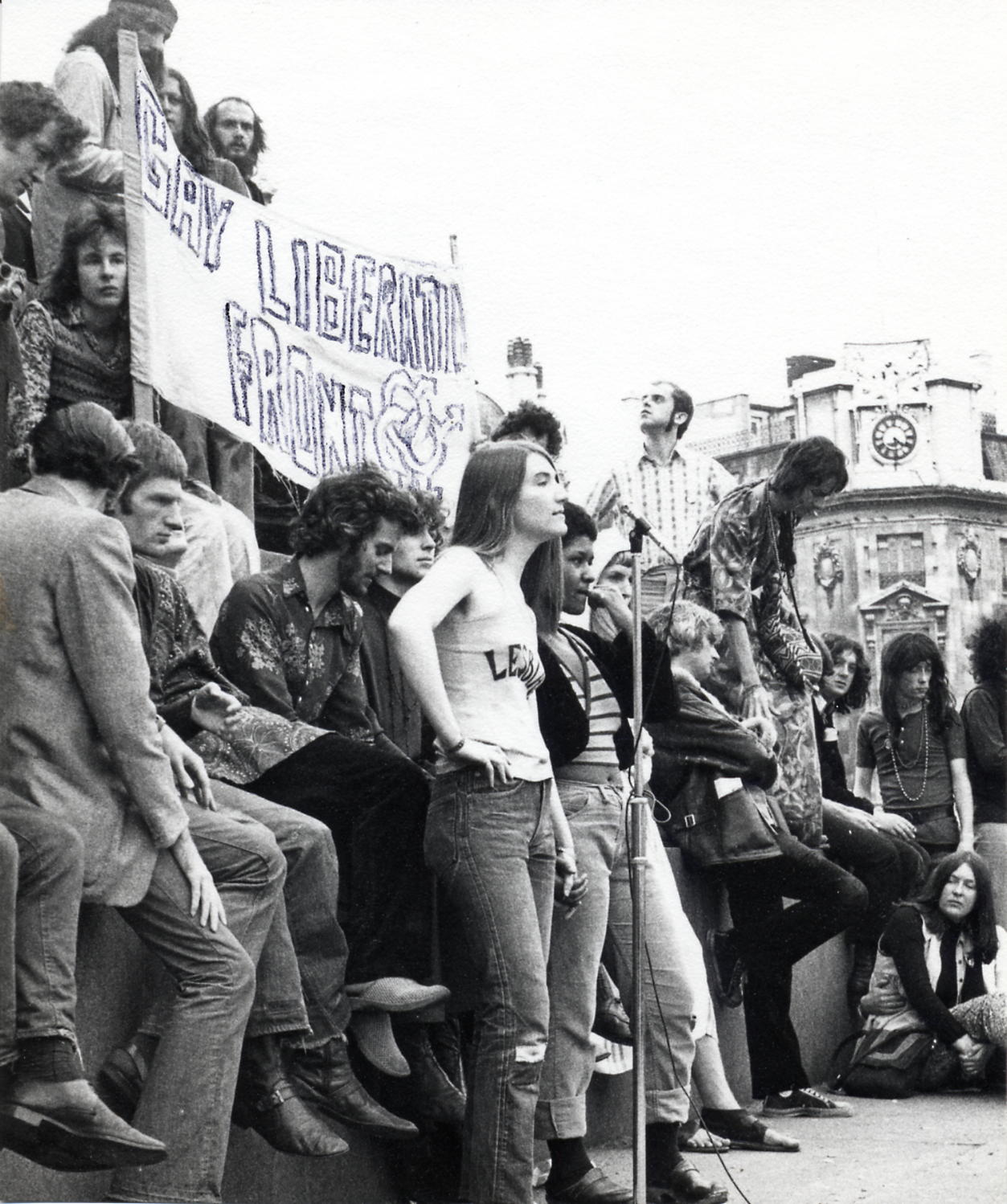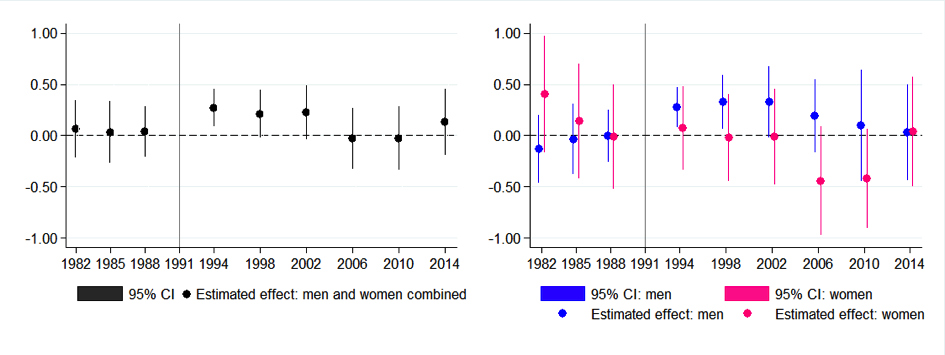This article was originally posted on Blue Tulip Training
How do we manage our interactions and experiences with people who are different to us? In a multicultural society in which we are thriving for similar goals of success and development, is awkwardness natural? Sneha Khilay from Blue Tulip Training discusses her personal experiences about the anxieties associated with other peoples differences and the importance of acknowledging and managing these to learn more about each other and build mutual respect.

I used to experience a regular tirade of ‘did you have an arranged marriage?’, ‘I bet you are a good cook’, ‘do you ever wear a sari?’, ‘what does the red spot on Indian women’s forehead mean? etc. Whether these comments were asked out of genuine curiosity or in a provocative manner – to elicit a reaction from me, it left me feeling self-conscious and uncomfortable. My added concern was that the symbolic neon arrow highlighting my difference was flashing again and that I was defined only on the basis of being an Indian woman, my other beliefs and values had casually been put back into the shadow. The sting of these regular slights became quite a burden to carry.
I have noticed that lately these types of questions are not asked of me with the same level of intensity and frequency. What I had not quite taken into consideration is my own internal judgement when colleagues have voiced their feelings of awkwardness when dealing with my difference, that of being an Indian woman.
Over the last couple of years, I have developed a friendly professional relationship with a group of white male colleagues. We share laughter, banter and personal stories whilst maintaining our professional stance. This group of men have their own differences to contend with, around religion, sexual orientation and disability; in this instance not all overtly visible.
Recently a couple of men from this group candidly admitted that when they first met me, they really did not know how to behave towards me and felt awkward. They acknowledged that they had not had any professional involvement with an Indian woman, and had initially placed me in their stereotypical image of being submissive and traditional.
I pretended to be relaxed about their disclosure, but I felt uncomfortable and somehow the sting of those regular slights that had interspersed throughout my life suddenly came to the forefront. I easily got caught up in my own judgement of their lack of understanding and their previous lack of willingness to interact with people who come from different cultural (Asian) background.
It can be argued that perhaps my colleagues did not need to disclose their initial awkwardness, I however recognise that their admission was a disguised compliment and they felt comfortable, enough to voice their initial reservations. However my realisation was more about my reaction to their disclosure. Why was I dismissive and impatient when they brought up their stereotypical notions? On reflection, I became aware and appreciated that in spite of their misguided perceptions, they had always approached me with respect and professional affection. Also they had never highlighted my difference, inadvertently or otherwise and certainly did not put any pressure (or burden) on me, of needing to discuss/explain the complexity related to my race/gender. If they had, our conversations would not have been genuine and would have lacked nuance. Our discussions instead tended to focus on what we had in common, our professional values and to continue to invest in the work that we were required to do.
 It is common knowledge that instinctively we all interact with people who look, behave and dress like us. When we do encounter someone who does not fit our category of ‘sameness’ it is important to acknowledge that we would and do feel awkward. I realise to my chagrin that my colleagues’ awkwardness was their overt conscious effort, to make sure that they did not say the wrong thing or behave in a manner that might cause offence.
It is common knowledge that instinctively we all interact with people who look, behave and dress like us. When we do encounter someone who does not fit our category of ‘sameness’ it is important to acknowledge that we would and do feel awkward. I realise to my chagrin that my colleagues’ awkwardness was their overt conscious effort, to make sure that they did not say the wrong thing or behave in a manner that might cause offence.
I learned through my colleagues’ affirming attitude and behaviour that I should not allow myself to be a prisoner of my past experiences or limit myself to valuing only those who shout from the rooftops of their knowledge of diversity and inclusion. What these men have taught me was that whilst we all have our anxieties about other people’s differences, it’s how we manage them which is the key, to be able to look yourself in the mirror and know you’ve acted in good conscience.

Snéha Khilay is a diversity and leadership consultant/trainer. Snéha carries out consultancy and training on Diversity and Inclusion, Managing Diversity and the Law, Cultural Competency, Dignity at Work and Conflict Resolution. Snéha has published articles on diversity and leadership in Management Today, Start Your Business, Simply Business, Professional Manager, Change Board, People and People






Another excellent post. Thank you for sharing your thoughts and personal feelings to some of the (perceived) stigmas around the boundaries of how people interact with what they may or may not understand, and how they approach those subjects they either wish to understand more about, or feel lacking in confidence to ask.
As a deaf man, your post resonates with me deeply, although for different reasons.
I wear hearing aids, and my speech is sometimes affected by my deafness.
I mix with deaf people, both professionally and socially, and some of us (not all – another myth) use sign language. Inevitably, this attracts attention.
We are asked questions – some stereotypical, some bizarre, and others quite rude and confrontational, but the trick is to try to not take these personally.
As you pointed out, to be asked these questions, is to accept the courage of the ones asking the questions, and acknowledge that – and to simply answer the questions politely, even if it means going out of one’s comfort zone sometimes. I see no reason to be rude or terse, even when faced with abrupt or (perceived) antagonistic questions. After all, this may make it harder for other deafies they are likely to meet after just one bad experience.
Why make work? It’s much easier to be nice as it is to be defensive.